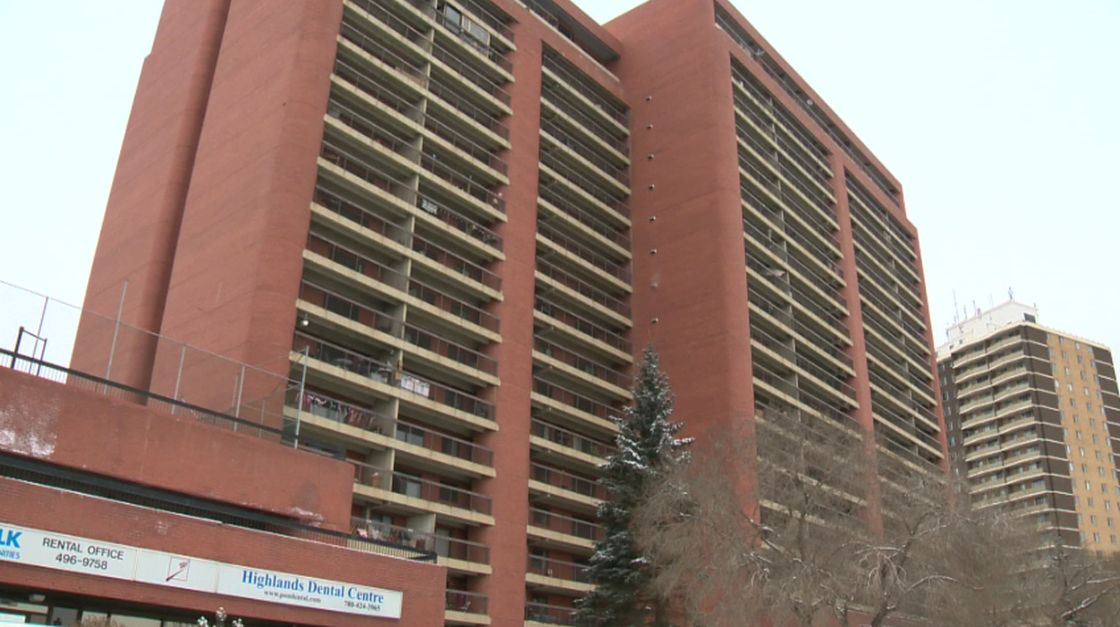Toronto may be considered one of the most liveable cities, but for those who live outside the downtown core, running everyday errands can sometimes be a difficult task. Which is why the City of Toronto is looking into changing zoning laws that prohibit commercial use in high-rise apartment properties

The Residential Apartment Commercial (RAC) Zone aims to provide a variety of on-site services that would support better physical and economic health in several communities.
The proposal would allow property owners to turn unused areas in high-rises, like parking lots and ground floors, into commercial and community space. Toronto has 564 apartment towers across the city and for those with limited mobility the rezoning would make city living more convenient.
Many of Toronto’s high-rises and apartments were built post-war, marketed to young Canadians looking to settle down outside of the downtown core. These high-rises were built based on the idea that these young couples would have access to a vehicle, and would be able to drive to amenities like grocery stores and community centres.
Over the years, Toronto’s housing focus shifted and high-rises became home to lower-income residents who rely on public transportation to travel to places like grocery stores or doctor’s offices.

Get breaking National news
Since March, there have been six public open houses to discuss potential sites for the new Residential Apartment Commercial (RAC) Zone. These areas include East Scarborough (Kingston/Lawrence), Bathurst-Finch, Rexdale, Weston-Mount Dennis, Thorncliffe Park and Pape Village.
Jane Welsh, a Project Manager for the City of Toronto advised the future of these plans do look promising, but there are still a few more steps in the process.
- Ontario alcohol expansion not related to early election speculation: minister
- Ontario city cracking down on ‘slum’ landlords who ‘ruin neighbourhoods’
- Ford government’s Bill 124 backpay cost increases again, closing in on $7B
- Ontario ends 2023-24 with nearly balanced budget, partly due to international tuition
“We just finished our rounds of consultations, we did six meetings, and we’ll be back with our full report on May 29th. From there, Planning and Growth will make their recommendations, and then it will go to council who will make their decision in June.”
If the rezoning is approved by council it would then be up to property owners to decide whether or not they’d like to convert their unused space into commercial businesses.
Welsh noted: “There was generally a very positive response to having better access to these kinds of services closer to home.”
But of course some community members did raise concerns about garbage and noise. Some residents were under the impression having these services on site may lead to a rent increase.
Welsh says that is simply not true. “You have to improve the residential portion of the building for a rent increase to be permitted.”
Residents still have the opportunity to have their say via an online survey aimed at shaping the recommendations in the final report.







Comments